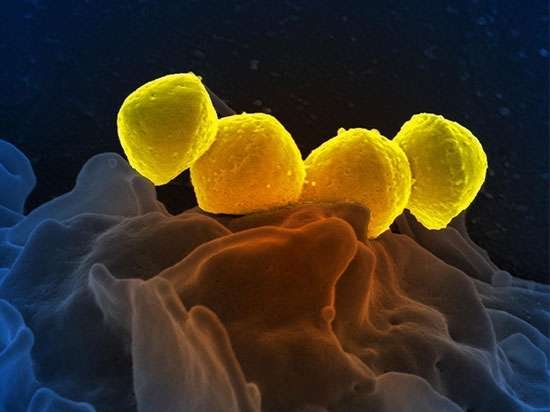
Life, living matter and, as such, matter that shows certain attributes that include responsiveness, growth, metabolism, energy transformation, and reproduction. Although a noun, as with other defined entities, the word life might be better cast as a verb to reflect its essential status as a process. Life comprises individuals, living beings, assignable to groups (taxa). Each individual is composed of one or more minimal living units, called cells, and is capable of transformation of carbon-based and other compounds (metabolism), growth, and participation in reproductive acts. Life-forms present on Earth today have evolved from ancient common ancestors through the generation of hereditary variation and natural selection. Although some studies state that life may have begun as early as 4.1 billion years ago, it can be traced to fossils dated to 3.5–3.7 billion years ago, which is still only slightly younger than Earth, which gravitationally accreted into a planet about 4.5 billion years ago. But this is life as a whole. More than 99.9 percent of species that have ever lived are extinct. The several branches of science that reveal the common historical, functional, and chemical basis of the evolution of all life include electron microscopy, genetics, paleobiology (including paleontology), and molecular biology.


The phenomenon of life can be approached in several ways: life as it is known and studied on planet Earth; life imaginable in principle; and life, by hypothesis, that might exist elsewhere in the universe (see extraterrestrial life). As far as is known, life exists only on Earth. Most life-forms reside in a thin sphere that extends about 23 km (14 miles) from 3 km (2 miles) beneath the bottom of the ocean to the top of the troposphere (lower atmosphere); the relative thickness is comparable to a coat of paint on a rubber ball. An estimated 10–30 million distinguishable species currently inhabit this sphere of life, or biosphere.





Hi! I am a robot. I just upvoted you! I found similar content that readers might be interested in:
https://www.britannica.com/science/life